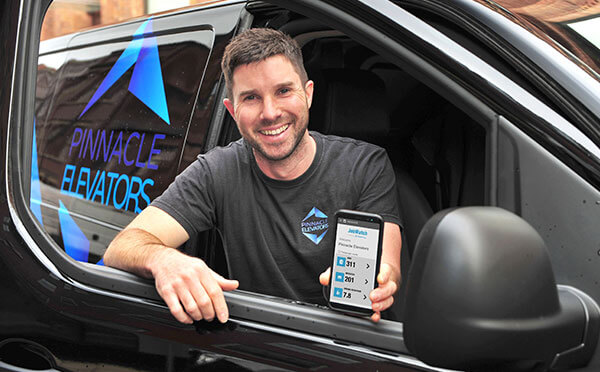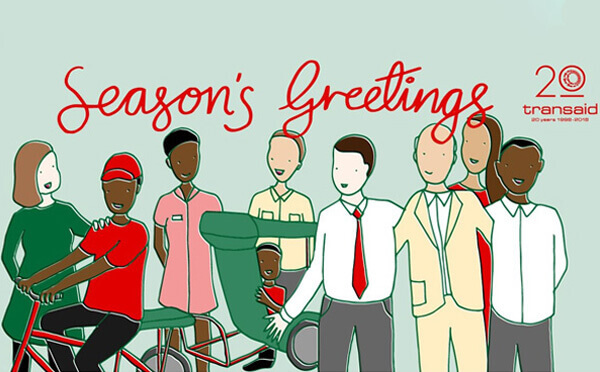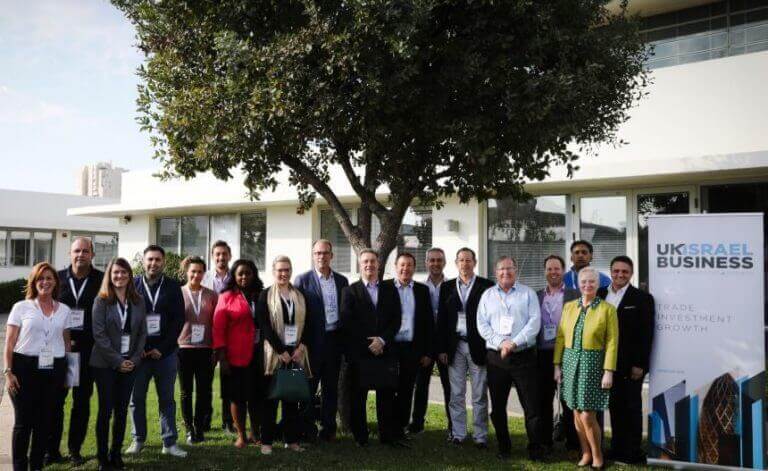People often assume that I am a disruptor and rule-breaker because I’m an entrepreneur. But here’s the thing: I have a huge amount of respect for rules, and have always seen the value in process and order.
Rules exist for a reason. They are put in place for the benefit or safety of customers, and to protect companies and their employees. I was reminded of this recently, when I visited a hotel in the North East.
A member of staff brought out my bill to sign. I tried to explain that I observe the Sabbath, which means I couldn’t use a pen. She was having none of it. It took a lot of self-control to keep my temper but I asked to speak to the manager and eventually they agreed to waive my signature.
At first I found the whole episode infuriating but then I realised how easily scammers could abuse the excuse of the Sabbath to get out of paying their bill. Of course the staff were wary. Especially as the bar attendant hadn’t experienced this issue before and was unsure of the rules governing the Sabbath in Judaism.
At BigChange, we try to be as flexible as we can. When customers want something, we bend over backwards to accommodate them. But there are cases when we need to be intractable. For example, sometimes customers try to use our hardware without installing our software. We tell people till we’re blue in the face that they need to install our platform to ensure it’s safe, and running as it should be, but people love shortcuts, don’t they?
We now have a rule in place, which states that customers who fail to use our software will not be covered by our warranty on the hardware. It’s not been the most popular decision but it’s important to stand by the rules that matter.
Entrepreneurs may challenge the status quo and shake up traditional structures but that doesn’t mean we don’t respect the rules. You need to have rules and process if you are going to build an efficient organisation.
When I come up against a customer service wall in future, if I’m told that rules are rules, and there can be no exceptions, instead of losing my temper, I’m going to remember that it’s not the employee’s fault. They are just doing their job, and we, as customers, need to try and understand that. In this age of “the customer is always right”, this may be an unusual – even unpopular – perspective.
There should always be the option to escalate a grievance to the manager. And companies should be willing to revise rules if they are no longer fit for purpose or could be improved. But that’s no excuse to take it out on the member of staff who is just trying to follow company guidelines. Don’t shoot the messenger: there is usually a good reason you can’t get your way.
In the meantime, I’m looking forward to the introduction of fingerprint recognition in hotels that works without electricity!
Agree with me? Think I’m completely wrong? Let me know your opinion in the comments.

Martin Port
Founder & CEO













 Israel is an extraordinary startup ecosystem. With a population of just 8.7m, the nation achieves twice the level of startup investment than any other country in the world. The unique Israeli Defence Forces (IDF) model means that conscripts are trained in all kinds of skills that help spur innovation. Professor Eugene Kandel, chief executive of Startup Nation Central, explained to me that IDF also has an unusual approach to military training. People are encouraged to question the status quo and make suggestions. No one salutes his or her superiors in the Israeli army, so it’s a hugely different culture. Crucially, soldiers are encouraged to develop their innovations once they leave the army, which helps explain why between 1,100 and 1,380 startups are established in Israel each year.
Israel is an extraordinary startup ecosystem. With a population of just 8.7m, the nation achieves twice the level of startup investment than any other country in the world. The unique Israeli Defence Forces (IDF) model means that conscripts are trained in all kinds of skills that help spur innovation. Professor Eugene Kandel, chief executive of Startup Nation Central, explained to me that IDF also has an unusual approach to military training. People are encouraged to question the status quo and make suggestions. No one salutes his or her superiors in the Israeli army, so it’s a hugely different culture. Crucially, soldiers are encouraged to develop their innovations once they leave the army, which helps explain why between 1,100 and 1,380 startups are established in Israel each year. Dr Yossi Bahagon is the man behind Qure Ventures, a venture capital vehicle that aims to back the start-ups that will revolutionise healthcare. He told me about one new company, which will help make virtual doctor’s appointments even more useful. It has invented a medical device that doubles as a stethoscope and thermometer. In future, you’ll be able to send your readings straight back to the doctor, over Skype, in real-time, to get a precise diagnosis. Imagine how much time and money that could save our NHS?
Dr Yossi Bahagon is the man behind Qure Ventures, a venture capital vehicle that aims to back the start-ups that will revolutionise healthcare. He told me about one new company, which will help make virtual doctor’s appointments even more useful. It has invented a medical device that doubles as a stethoscope and thermometer. In future, you’ll be able to send your readings straight back to the doctor, over Skype, in real-time, to get a precise diagnosis. Imagine how much time and money that could save our NHS? Then there was Ziv Aviram, whose hi-tech glasses are about to significantly improve the lives of the blind and visually impaired people across the world. The glasses can sense colour and describe the outside world to the user – they can even read a newspaper. Orcam Technologies is Aviram’s second venture; he sold his first, Mobileye, to Intel for $15.3bn.
Then there was Ziv Aviram, whose hi-tech glasses are about to significantly improve the lives of the blind and visually impaired people across the world. The glasses can sense colour and describe the outside world to the user – they can even read a newspaper. Orcam Technologies is Aviram’s second venture; he sold his first, Mobileye, to Intel for $15.3bn. Nothing saddens me more than the ongoing clashes between Israel and the Palestinian people, which is why I think the work of venture capital firm Sadara founded by an Israeli Jew and Arab Palestinian is so important to publicise. It’s a $30m fund that invests solely into Palestinian tech companies, helping to combat unemployment – in the West Bank & Gaza – and building links between the two. It has already made six investments and is backed by the likes of Google, George Soros and Cisco. This was an important reminder of the role business can play in international relations and helping to make the world a better place.
Nothing saddens me more than the ongoing clashes between Israel and the Palestinian people, which is why I think the work of venture capital firm Sadara founded by an Israeli Jew and Arab Palestinian is so important to publicise. It’s a $30m fund that invests solely into Palestinian tech companies, helping to combat unemployment – in the West Bank & Gaza – and building links between the two. It has already made six investments and is backed by the likes of Google, George Soros and Cisco. This was an important reminder of the role business can play in international relations and helping to make the world a better place.
